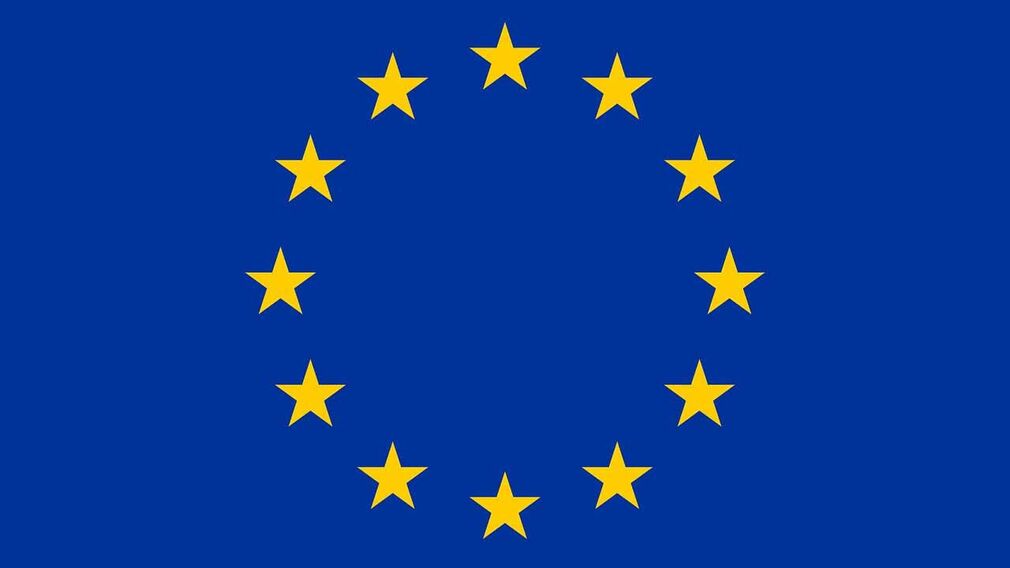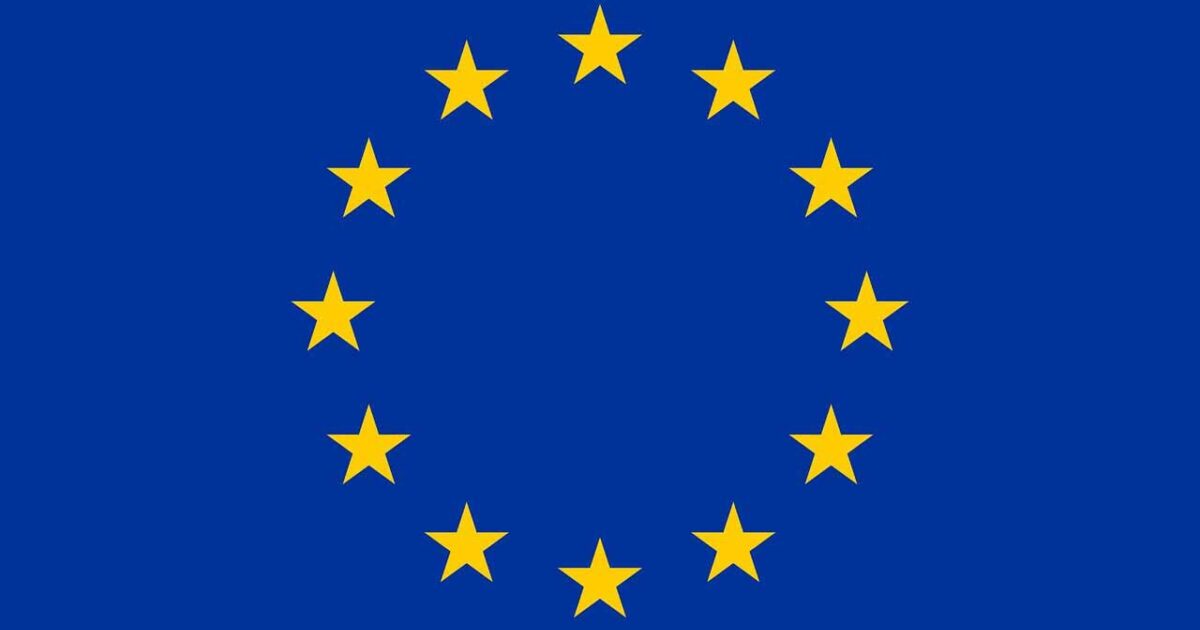
Pixabay
The European Union (EU) has granted equivalence to sunflower and soyabean seed imports from Ukraine and fodder plant seeds from the Republic of Moldova.
Seed outside the EU can only be marketed within the bloc if it offers the same guarantees as officially-certified EU seed. Non-EU countries seeking to export to the EU must meet the same criteria for seed characteristics, examination, identification, marking, control and packaging as seed harvested and controlled in the EU. Certification encompasses field inspections, seed sampling and testing.
The decision grants equivalence for sunflowerseed and soyabeans produced and certified in Ukraine and for seed of fodder plants produced in Moldova and officially certified by its authorities, as well as to the relevant field inspections that are carried out, according to a 12 June press release on the EU council’s official website.
The council said the new ruling would allow EU-based companies to diversify their seed production areas and help maintain a continuous supply of high-quality seed in the EU.
The decision, which would enter into force 20 days after publication in the Official Journal of the EU, was a technical implementation of existing requirements and amends Council Decision 2003/17/EC, which grants certain non-EU countries equivalence regarding field inspections and the production of seed of certain species.
Although Ukraine had been included in the list of countries given ‘equivalence’ regarding cereal seed since 2020, the country submitted a request to the European Commission (EC) in 2022 for beet, sunflower, swede and rape seeds to be covered by the equivalence, followed by an additional request in 2023 covering soyabean seeds.
The Republic of Moldova has been included among non-EU countries granted equivalence for cereal seed, vegetable seed and seeds for oil and fibre plants since 2018. In 2022, it submitted a request to the EC for fodder plant seed to be covered as well.
